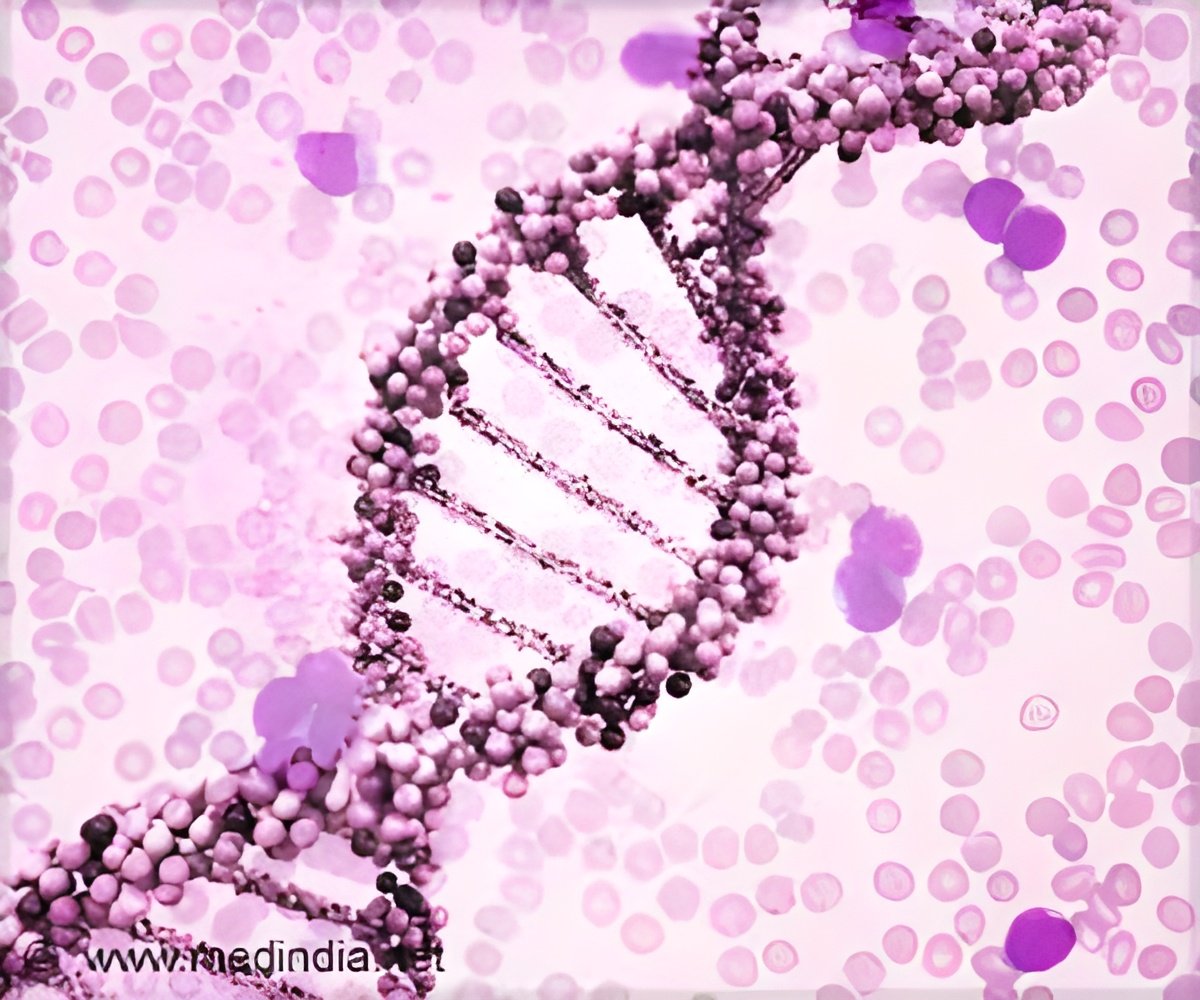Breakthroughs in gene therapy offer hope for enhanced treatment of blood disorders, including sickle cell anemia.

In vivo hematopoietic stem cell modification by mRNA delivery
Go to source). To cure blood disorders, //patients must undergo high-dose chemotherapy and bone marrow transplantation. This requires a match between the recipient and donor immune system, but ~30% of patients do not have a match. Even when they do the donor immune system can attack the patient, graft versus host disease.
TOP INSIGHT
Groundbreaking study paves the way for expanded gene therapy in treating blood disorders, with a focus on sickle cell anemia. # Gene therapy, #Blood disorders, #Sickle cell anemia
Co-first author Michael Triebwasser, M.D., Ph.D., clinical instructor in Pediatric Hematology and Oncology reported, “This is the first time the blood stem cells that create the blood and immune system over our lifetime can be genetically engineered while still in the bone marrow.
Gene Therapy's Promising Steps in Blood Disorder Research
“This technology can be used to correct disease cause mutations such as the single mutation that causes sickle cell anemia in ~7.5 million people worldwide, and it can be used to control stem cells using messenger RNA (mRNA). To do this we utilized a type of nanoparticle similar to the Pfizer COVID mRNA vaccine but designed it to find these stem cells specifically.”The risks patients undergo for gene therapy highlight the need for improved treatments. In addition, eliminating the need for stem cell collection and treatment outside the body can cut costs for patients and improve access to critical gene therapies for many patients.
The recently approved gene therapy for another blood disorder, beta-thalassemia, costs $2.8 million dollars.
"This approach is highly flexible and has reduced toxicity when treating stem cells outside the blood compared to current methods. It will hopefully lead to improved methods for correcting stem cells.
Reference:
- In vivo hematopoietic stem cell modification by mRNA delivery - (https://www.science.org/doi/10.1126/science.ade6967)
 MEDINDIA
MEDINDIA



 Email
Email










